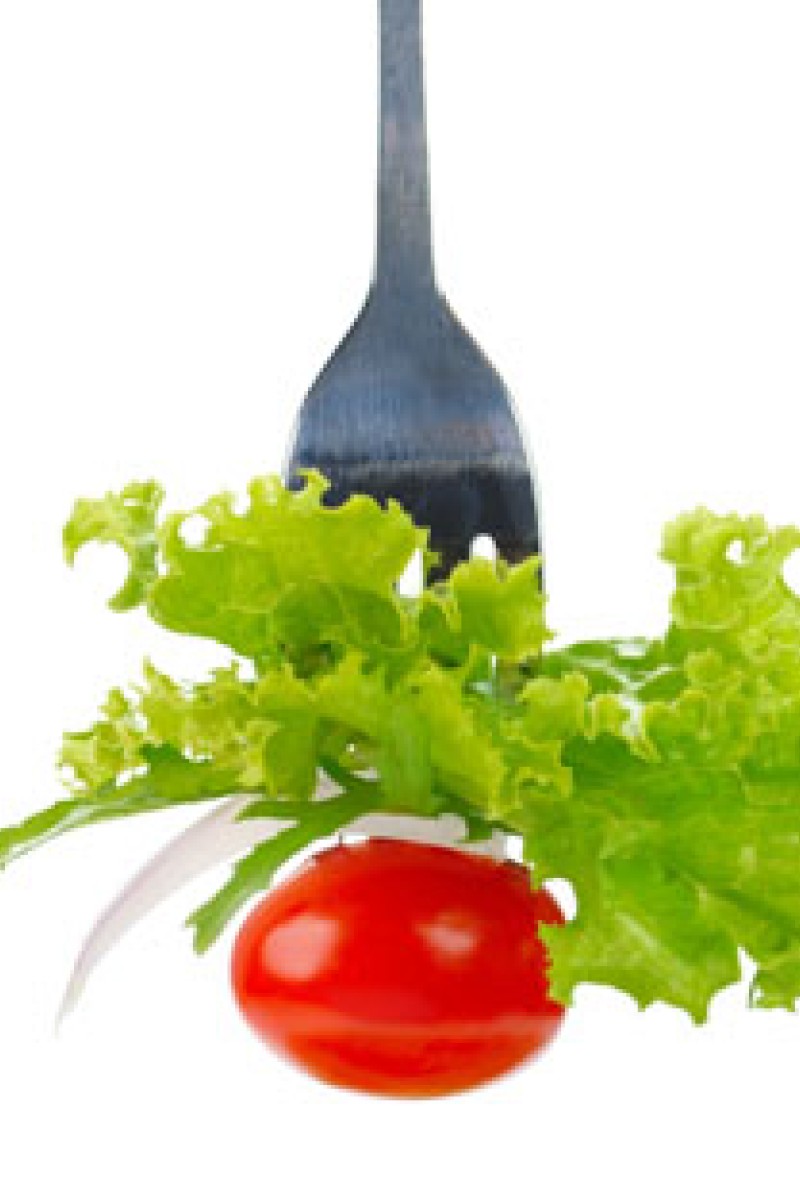
Most experts believe the human body defends itself very well against environmental assaults and occasional over-indulgences without the need to "detox". After all, that's what our liver, lungs, kidneys and skin do on a daily basis.
Most detox diets can help you lose weight, but that's only because they limit the number of calories you consume by allowing you to eat only low-calorie foods (such as fruit and vegetables) and drinking lots of water. Caffeine, sugary, fatty and processed foods and other food groups, such as dairy products, wheat, meat, eggs and fish are banned.
Yet cutting out major food groups can leave you short on certain nutrients, which could result in nutritional deficiencies if you carry on with the detox diet for too long.
There are certain elements of detox diets that are beneficial: for example, drinking more water, eating more fruits and vegetables, and cutting down on caffeine and processed, sugary and fatty foods. Rather than cutting out entire food groups, try healthier versions wherever you can.
If you want to detox safely and gently for a week, here are the rules.
1: Include all types of fruits and vegetables every day at every meal. Canned, frozen, dried, fresh and juiced are all fine.
2: Cut down on red meat such as beef, lamb, pork, and eat it no more than twice this week.
3: Replace red meat with tofu, fish, chicken or any kind of beans and pulses (eg lentils, kidney beans, chick peas, black eye beans).
4: Replace white processed grains with unrefined versions (eg brown rice, wholewheat pasta, wholegrain cereals, wholewheat bread).
5: Cut out all processed foods, such as sausages, ham, luncheon meat, beef and fish balls, cakes, biscuits, crisps, pies, pastry, buns, deep-fried foods.
6: Cook meals from scratch: don't eat out, don't give in to takeaways, don't use ready-made sauces or cooked meats (eg roast duck, char siu).
7: Choose only low-fat dairy products.
8: Cut out chocolate, sweets, jam and sugar.
9: Drink at least two litres of water a day.
10: Cut out coffee, tea, fizzy drinks, fruit cordials.
Breakfast ideas
Porridge made with reduced-fat milk, topped with mixed berries and toasted seeds (sweetened with honey if desired).
Congee made with mixed grains, topped with roasted peanuts and very finely shredded cabbage.
Wholewheat toast with smoked salmon, sliced cucumber and tomato.
Lunch ideas
Soba noodles in soup with tofu, bean sprouts and spring onions.
Wholewheat pasta with tomato sauce and mozzarella cheese.
Prawn and avocado salad with balsamic dressing and rye or wholewheat bread.
Dinner ideas
Chicken or prawns with stir-fried mixed vegetables and red rice.
Mixed-bean chilli with brown rice or corn tortillas and cooked broccoli.
Pan-fried fish cakes with baked sweet potato and tomato salad.
